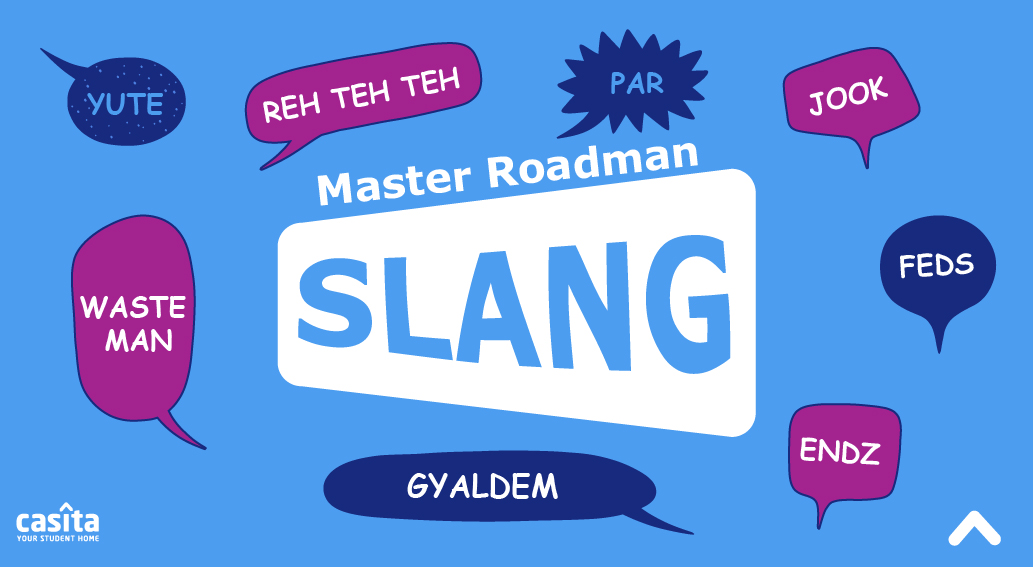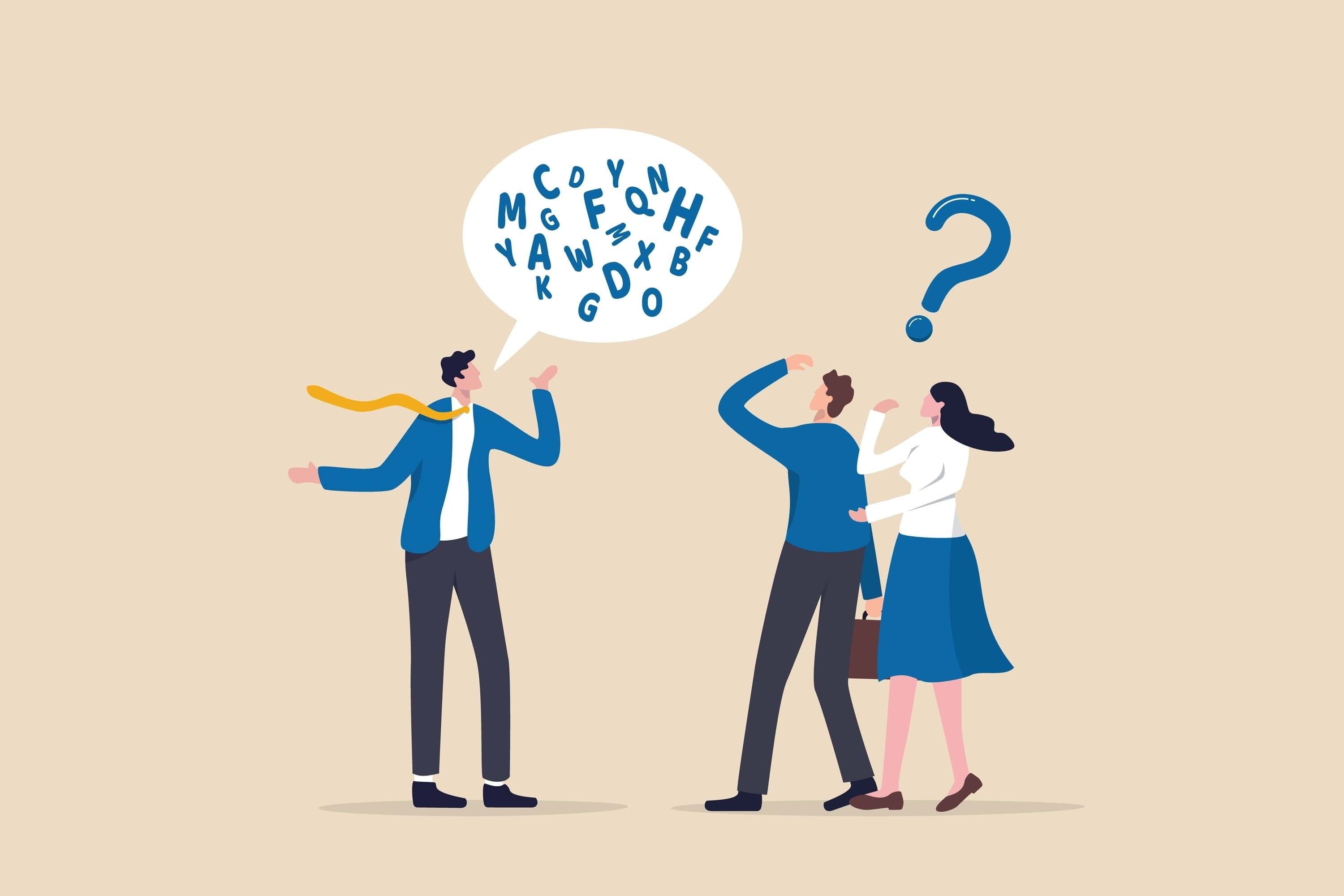Master Roadman Slang: A Full Guide
Entertainment
3 mins read
Share

Updated at: 25 November, 2025
Published at: 27 April, 2023
By Allaa Ashraf
Master Roadman Slang: A Full Guide
Entertainment
3 mins read

Updated at: 25 November, 2025
Published at: 27 April, 2023
By Allaa Ashraf
Share
Roadman slang is a type of colloquial language commonly used by young people in London and other urban areas of the UK. It is an ever-evolving language, with new terms and phrases being added to the lexicon all the time. Mastering Roadman slang is necessary if you want to sound like a proper Londoner and understand what your friends are saying. Get ready to level up your slang game with our full guide to mastering roadman slang!
From understanding popular phrases to learning pronunciation and usage, this comprehensive guide will help you navigate the world of urban slang like a pro. Whether you want to impress your friends or expand your vocabulary, our guide has everything you need to speak like a true roadman. In this full guide, we'll take a look at some of the most common Roadman slang terms and phrases and how to use them correctly. Come on, hop in for the ride!

Trap Lingo
One of the most common types of roadman slang is trap lingo. Trap music originated in the southern United States and is characterised by its aggressive beats and lyrics about life on the streets. Trap lingo has become an important part of roadman slang and is used to describe a variety of situations. Examples include the following:
- Peng - attractive or good-looking
- Mandem - a group of friends or associates
- Bands - large amounts of money
- Skeng - a weapon, usually a knife
- Waste man - an insult for someone who is useless or a failure
- Feds - the police
- Endz - a neighbourhood or area where someone is from
- Wagwan - a greeting, similar to "What's up"
- Link up - to meet with someone
- Grind - to work hard, often referring to illegal or illicit activities
- Gassed - excited or hyped up
Regional Slang
In addition to trap lingo, roadman slang also includes regional slang that varies depending on where you are in the UK. Examples include the following:
- Yute - a young person (London)
- Jook - to stab or poke with a sharp object (Birmingham)
- Chirps - to flirt or chat up someone (London)
- Gyaldem - a group of girls or young women (London)
- Pagans - enemies or rivals (London)
- Oi oi - a greeting or exclamation of excitement (Manchester)
- Bait - obvious or noticeable (London)
- Whips - cars or vehicles (London)
- Riddim - a beat or instrumental (Birmingham)
- Hella - very or extremely (Liverpool)
- Truss - to believe or trust (London)
Other terms include:
| Slang | Meaning | Example |
|---|---|---|
| Allow It | Let something go or stop doing something | "Allow it, I don't want any trouble." |
| Bruv | Slang for "brother" or "bro"; term of endearment or familiarity between friends | "What’s up, bruv?" |
| Bare | A lot or many | "There were bare people at the party." |
| Clapped | Unattractive or ugly | "That car is so clapped." |
| Dench | Good or excellent | "That outfit looks dench on you." |
| Ends | One’s neighbourhood or local area | "I'm from the east ends." |
| Fam | Short for "family"; used among friends as a term of closeness | "You good, fam?" |
| Garms | Clothing or garments | "Those are some nice garms you're wearing." |
| Hype | Excitement or enthusiasm | "The party was hype." |
| Innit | Short for "isn't it"; used at the end of a sentence for agreement | "That movie was good, innit?" |
| Jokes | Funny or entertaining | "That comedian is jokes." |
| Nang | Cool or awesome | "Those shoes are nang." |
| Par | Being paranoid or suspicious | "Why are you so par about going to that party?" |
| Reh Teh Teh | Filler phrase to indicate uncertainty or continue a vague story | "So he was talking, reh teh teh, and then just left." |
| Safe | OK, all good | "Are you ready to go?" "Yeah, I'm safe." |
How to Use Roadman Slang
Proper use of roadman slang needs an insight of the situation the phrase is used. Using the correct slang in the correct situation is important and one must not use some slang he does not know. It should also be mentioned that roadman slang is a way of speaking commonly in more informal contexts e.g. with friends or through social media and it might not be suitable in less informal contexts.
And there you have it! Roadman slang is one of the most important UK slang to learn if you’re planning on staying in the UK for a while. Mastering roadman slang is an important part of fitting in with the youth culture of London and other urban areas of the UK.
By learning the common terms and phrases, you can communicate more effectively with your friends and better understand the culture around you. However, it is important to use roadman slang responsibly and avoid using it in inappropriate situations. With this full guide, you should be well on your way to becoming a fluent speaker of roadman slang!
Entertainment
By Allaa Ashraf
Share
Entertainment
Updated at:
Published at:
By Allaa Ashraf
Share


